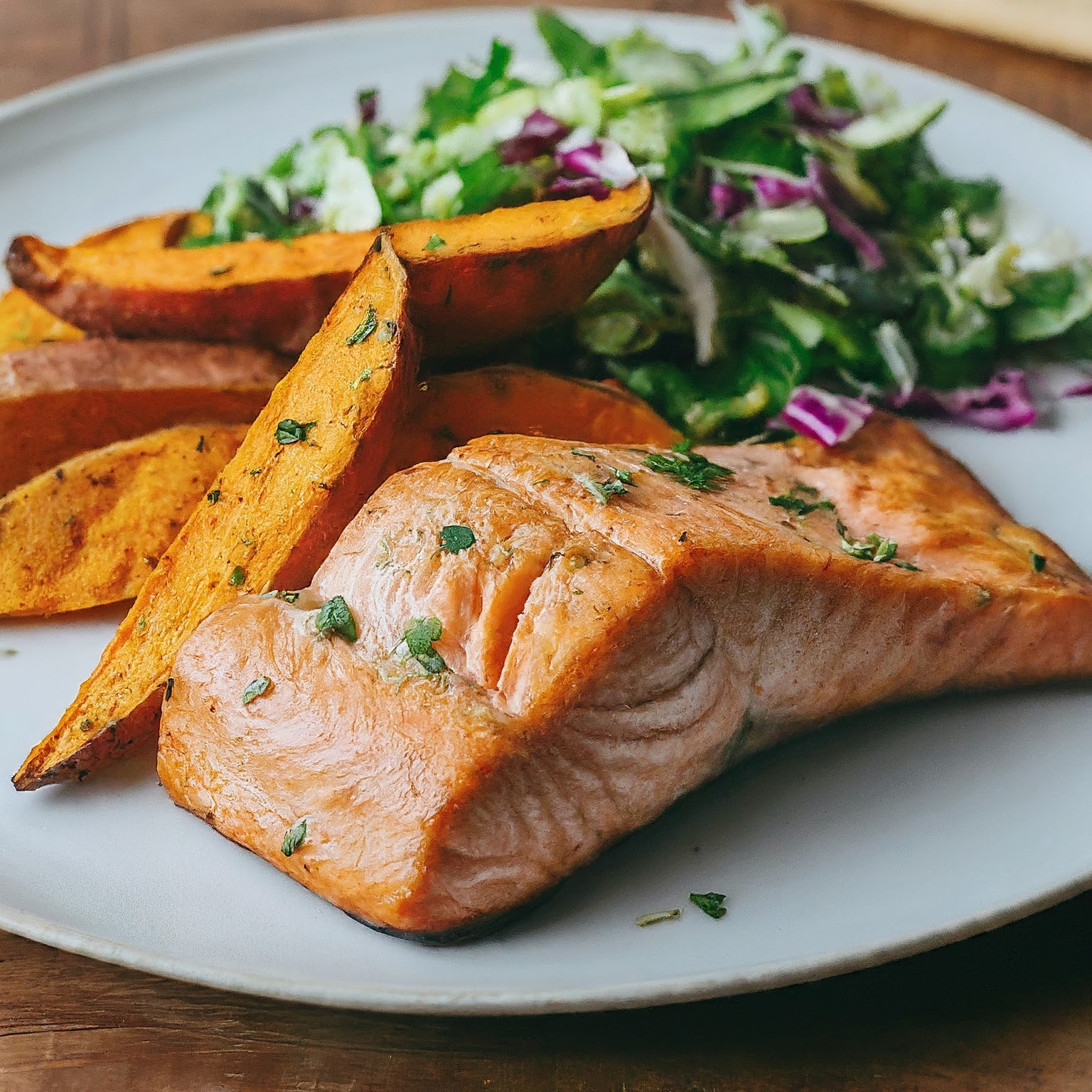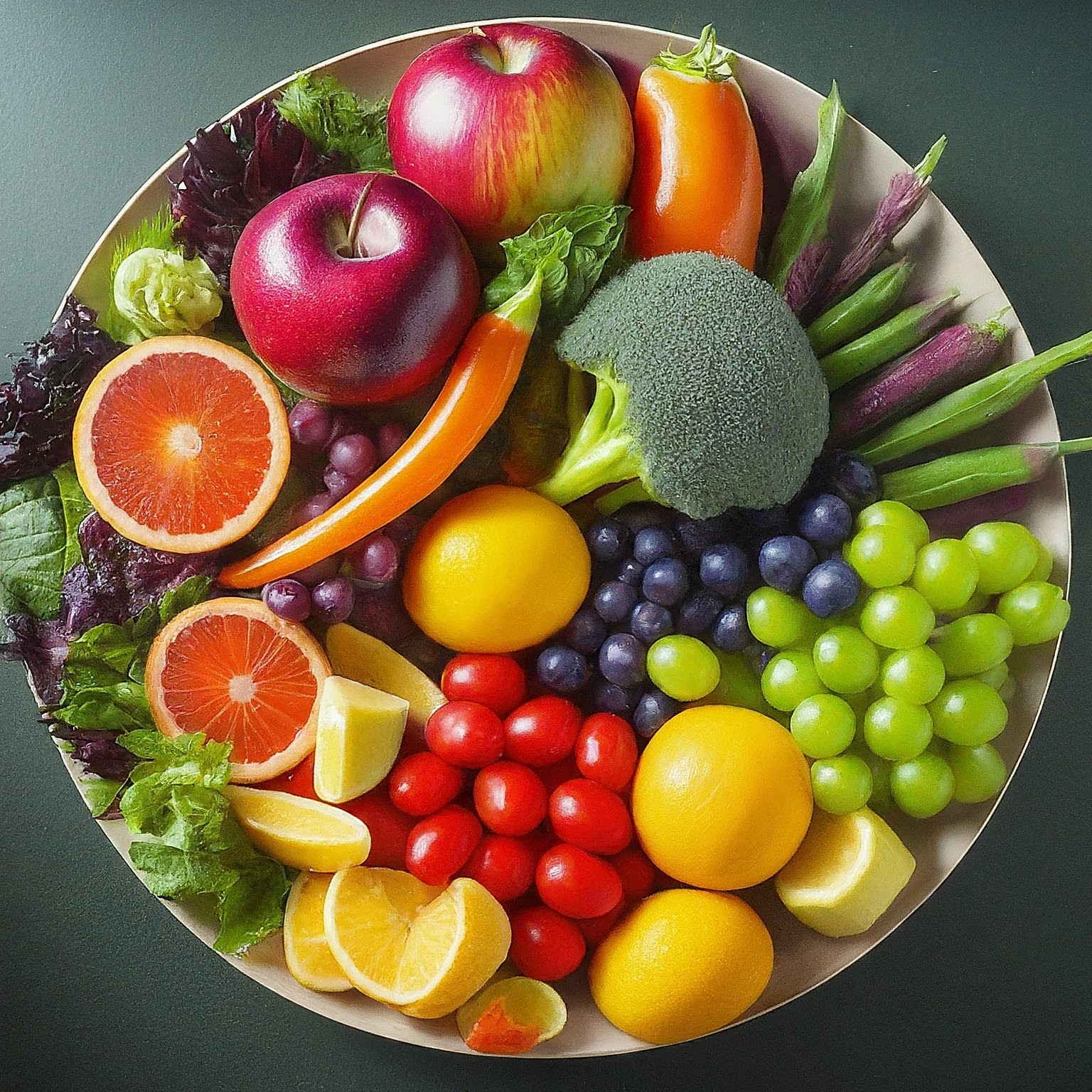
8 Top Diets to Follow at 40 for Optimal Health at 70: A Comprehensive Guide for Physical and Mental Well-being
As we transition into our 40s, our bodies undergo significant physiological changes that necessitate a reevaluation of our dietary habits. The choices we make now will have a profound impact on our physical and mental health as we age. By adopting a balanced and nutrient-rich diet, we can lay the foundation for a healthy and fulfilling life well into our 70s and beyond.
This comprehensive guide explores the eight most effective diets for individuals in their 40s, each tailored to support specific health goals. These diets emphasize whole, unprocessed foods, limit processed sugars and unhealthy fats, and prioritize nutrient-dense options to optimize overall well-being.
1. Mediterranean Diet: A Culinary Symphony for Longevity
Renowned for its health-promoting benefits, the Mediterranean diet is a vibrant culinary tapestry inspired by the traditional cuisines of Greece, Italy, and other countries bordering the Mediterranean Sea. This diet emphasizes:
- Fruits and vegetables: Abundant in antioxidants, vitamins, and minerals, fruits and vegetables form the cornerstone of the Mediterranean diet.
- Whole grains: Rich in fiber, whole grains provide sustained energy and support digestive health.
- Healthy fats: Olive oil, avocados, and nuts are excellent sources of monounsaturated and polyunsaturated fats, which promote heart health.
- Lean protein: Fish, poultry, and beans provide essential amino acids for muscle maintenance and repair.
- Moderate red wine: In moderation, red wine has antioxidant properties that may benefit heart health.
2. DASH Diet: A Heart-Healthy Haven
Specifically designed to combat hypertension, the Dietary Approaches to Stop Hypertension (DASH) diet is a low-sodium eating plan that effectively reduces blood pressure. It focuses on:
- Fruits and vegetables: These nutrient-rich foods are packed with potassium, which helps regulate blood pressure.
- Whole grains: Whole grains provide fiber, which lowers cholesterol and improves blood sugar control.
- Lean protein: Poultry, fish, and beans are excellent sources of protein without excessive sodium.
- Low-fat dairy products: Calcium-rich low-fat dairy products support bone health and may lower the risk of hypertension.
3. MIND Diet: Nurturing the Brain and Body
The Mediterranean-DASH Intervention for Neurodegenerative Delay (MIND) diet is a hybrid of the Mediterranean and DASH diets, specifically tailored to promote brain health and reduce the risk of cognitive decline. It emphasizes:
- Green leafy vegetables: Spinach, kale, and collard greens are rich in lutein and zeaxanthin, antioxidants that protect the eyes.
- Berries: Blueberries, strawberries, and raspberries contain anthocyanins, compounds that may improve memory and reduce inflammation.
- Nuts and seeds: Walnuts, almonds, and flaxseeds provide healthy fats, fiber, and vitamin E, all of which support brain health.
- Olive oil: A staple in the Mediterranean diet, olive oil is rich in polyphenols, antioxidants that may protect against cognitive decline.
4. Nordic Diet: Embracing the Scandinavian Bounty
Inspired by the cuisines of Norway, Sweden, Denmark, and Finland, the Nordic diet showcases the region’s abundance of fish, whole grains, and root vegetables. It emphasizes:
- Fatty fish: Salmon, herring, and mackerel are excellent sources of omega-3 fatty acids, which support heart and brain health.
- Berries: Lingonberries, blueberries, and cloudberries are rich in antioxidants and vitamins.
- Whole grains: Rye, oats, and barley provide fiber, vitamins, and minerals.
- Root vegetables: Carrots, turnips, and beets are packed with vitamins, minerals, and fiber.

5. Flexitarian Diet: A Flexible Approach to Plant-Based Eating
A semi-vegetarian approach, the flexitarian diet encourages primarily plant-based meals with occasional meat consumption. It emphasizes:
- Fruits and vegetables: These nutrient-rich foods form the foundation of the diet, providing essential vitamins, minerals, and fiber.
- Whole grains: Whole grains provide sustained energy and fiber, promoting satiety and digestive health.
- Plant-based protein: Legumes, tofu, and tempeh provide protein without excessive saturated fat.
- Lean meat and poultry: Occasional consumption of lean meat and poultry provides essential amino acids and vitamins.
6. Ornish Diet: Reversing Heart Disease through Lifestyle
Developed by Dr. Dean Ornish, the Ornish diet is a plant-based, low-fat, whole-foods diet specifically designed to reverse heart disease. It emphasizes:
- Whole grains: Whole grains provide fiber, which lowers cholesterol and blood sugar levels.
- Fruits and vegetables: These nutrient-rich foods provide antioxidants, vitamins, and minerals.
- Legumes: Beans, lentils, and peas are excellent sources of protein and fiber.
- Healthy fats: Avocados, nuts, and seeds provide essential fatty acids without excessive saturated fat.
7. Ketogenic Diet: A High-Fat, Low-Carb Journey
A highly restrictive diet, the ketogenic diet forces the body into a state of ketosis, where it primarily burns fat for energy. It emphasizes:
- Healthy fats: Avocados, olive oil, and butter are encouraged in large amounts.
- Protein: Meat, poultry, and fish provide essential amino acids.
- Very low carbohydrates: Fruits, vegetables, and whole grains are severely restricted, which can result in nutrient deficiencies.

8. Whole30 Diet: Eliminating Common Food Triggers
A short-term elimination diet, the Whole30 diet is designed to identify and eliminate potential food sensitivities. It prohibits:
- Dairy products: Milk, cheese, and yogurt are eliminated.
- Grains: All types of grains, including wheat, rice, and corn, are restricted.
- Legumes: Beans, lentils, and peas are not allowed.
- Sugar and artificial sweeteners: All forms of sugar and artificial sweeteners are prohibited.
- Alcohol: Alcohol is discouraged during the elimination phase.
Choosing the Right Diet for You
The optimal diet for you depends on your individual health goals, preferences, and lifestyle. Consult with a healthcare professional or registered dietitian to determine the best approach for your specific needs.
Dietary Considerations for Optimal Health at 70
As you age, your dietary needs and preferences may continue to evolve. The following considerations are essential for maintaining optimal health in your 70s and beyond:
- Focus on nutrient-rich foods: Prioritize fruits, vegetables, whole grains, and lean protein to ensure a balanced intake of vitamins, minerals, antioxidants, and fiber.
- Limit processed foods: Processed foods are typically high in sodium, unhealthy fats, and sugar, which can contribute to chronic diseases.
- Stay hydrated: Adequate fluid intake is crucial for overall health, particularly as thirst perception diminishes with age.
- Consider supplements: As nutrient absorption may decline with age, consider consulting with a healthcare professional about vitamin D, calcium, and omega-3 fatty acid supplements as needed.
Conclusion
By adopting a balanced and nutritious diet in your 40s, you can proactively invest in your future health and well-being. The eight diets outlined in this guide provide a comprehensive framework for optimizing physical, mental, and cognitive function as you age. Remember to consult with a healthcare professional or registered dietitian to determine the most suitable approach for your individual










